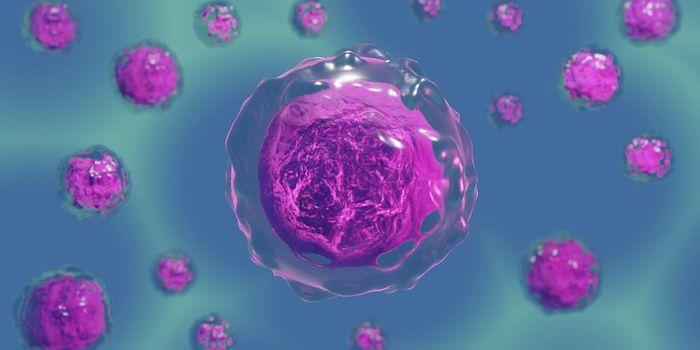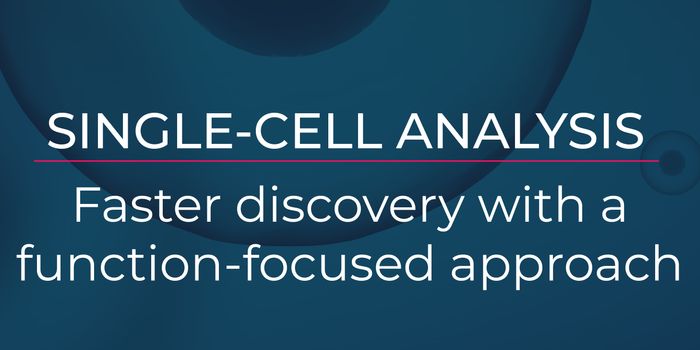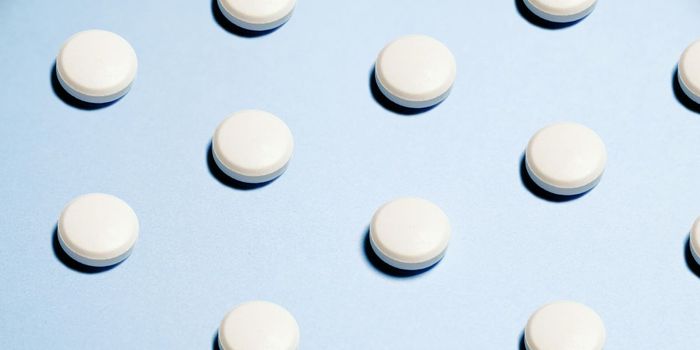How to avoid endocrine disrupting chemicals in your life
While few people actually enjoy reading product labels and ingredients, a new study from Silent Spring Institute suggests that it’s worth your time to choose products without harmful chemicals. The study, which is published in the International Journal of Hygiene and Environmental Health, shows that consumers who avoided products with particular endocrine disruptors had significantly lower levels of the chemicals in their bodies.
Endocrine disrupting chemicals (EDCs) are known to interfere with organ and hormone function and are linked to all major endocrine diseases, including diabetes, reproductive health issues, obesity, and thyroid hormone disruption, in addition to asthma and cancers. EDCs are found almost everywhere, from in our water and food (mostly from the plastic containers they’re in), to pesticides, to personal care and household products.
"That's why expert scientific panels and medical societies recommend that people take steps to limit their exposures to these chemicals," says lead author, Dr. Robin Dodson, an environmental exposure scientist at Silent Spring. "And, with the current pandemic, we see how diseases associated with environmental chemicals also make people more vulnerable to COVID-19--yet another reason to reduce exposures in the population."
In an analysis of urine samples from 726 participants registered in a biomonitoring project, the research team tested for 10 common endocrine disruptors. They combined these findings with participants’ answers from a survey in which participants commented which products they use regularly and which chemicals they try to avoid. The team found that 87% of participants avoiding certain chemicals in products; they also saw that the participants in the biomonitoring program had overall lower levels of parabens, BPA, triclosan, and benzophone-3 compared with the U.S. population. Their other findings, reported by Eureka Alert, are as follows:
- “People who avoided products with parabens, triclosan, BPA, and fragrances were twice as likely to be in the group with the lowest body burden for all chemicals combined.
- Avoiding certain products and reading ingredient labels was most effective at reducing exposures to parabens, triclosan, and benzophenone-3.
- In contrast, people who tried to avoid products containing BPA had levels similar to those who did not avoid the chemical, which suggests there are other sources of BPA that consumers may not be aware of.”
The team says their findings show evidence of the confusion that sometimes exists when choosing products, commenting that certain EDCs are difficult to avoid because it’s hard to know what they’re in. "What this study shows us is that people can't shop their way out of this problem," she says. "This is about much more than consumer choice," says Dodson.
Nevertheless, the team is optimistic about their findings. "This study not only helped us gain a better understanding of how product choices influence people's exposures to endocrine disruptors, but it also provided us with an opportunity to educate consumers and empower them to make healthier choices," says Dodson, saying that they encourage people to download the Institute’s app Detox Me to learn more about how their consumer behaviors affect their bodies.
Source: Silent Spring Institute, Eureka Alert








